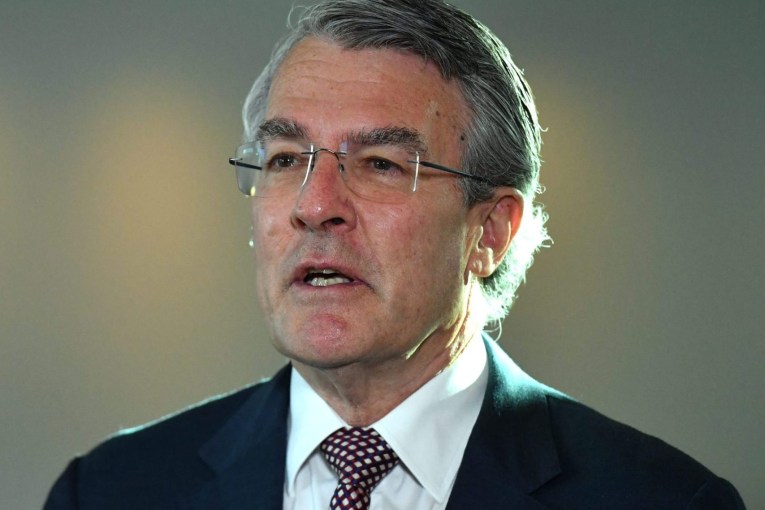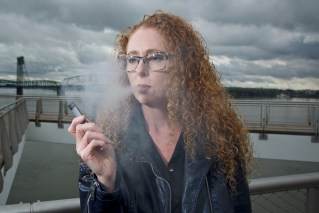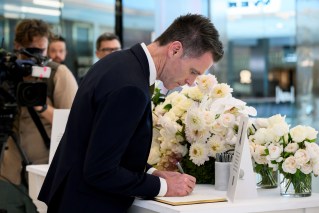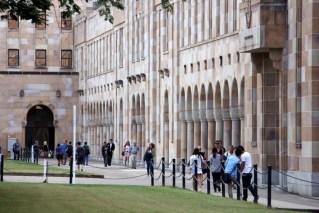Human Rights Commissioner raises concerns over treatment of vulnerable people during virus lockdown
Queensland’s Human Rights Commissioner has called for more transparency around decisions that restrict people’s rights during the COVID-19 pandemic, citing concerns about “jamming children into watch houses” for weeks.
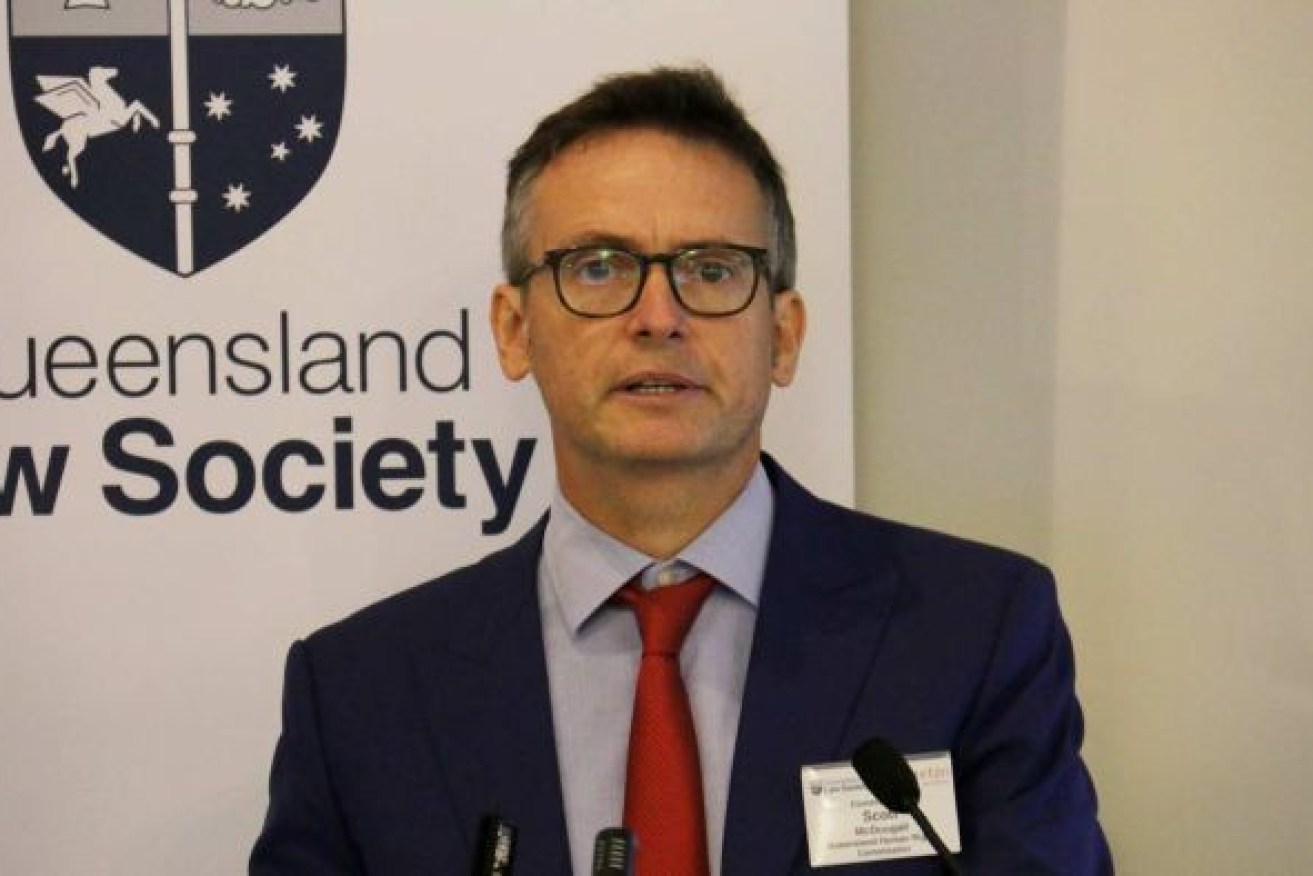
Queensland’s Human Rights Commissioner Scott McDougall. (Supplied)
Speaking at an event at the Queensland Law Society, Commissioner Scott McDougall said some children were held in the Ipswich police station watch house during a COVID-19 outbreak in the Brisbane Youth Detention Centre due to public health directions.
“Despite the fact there were beds in the detention centre they couldn’t be housed there,” he said.
“So they kept them at Ipswich watch house which is not a suitable place for any child to be kept for more than a day.”
McDougall said the decision to keep them there impeded upon a “host” of children’s rights.
“The question is whether it can be justified in a pandemic,” he said.
McDougall said a “contingency plan” was needed to ensure “we’re not just jamming children into watch houses which are completely unsuitable places for them to be”.
Last year, the ABC’s Four Corners program revealed children as young as 10 were being held in adult watch houses in Queensland — some for weeks on end — due to there being no youth detention centre beds available.
McDougall said in the early days of the pandemic he “didn’t have any inkling of what was coming”.
But he said soon Queensland’s newly-operational Human Rights Act was being tested, and almost overnight “people were grappling with a host of incursions into their rights, starting with freedom of movement during lockdown”.
“People with disabilities were denied recognition and equality before the law, as well as the right to security of the person when their carers were not designated as essential workers,” he said.
“More of their rights were foregone when residential service providers were authorised to lock the gates, doors and windows where they live.”
Earlier this year, the Queensland Government passed sweeping changes to the state’s laws in the wake of the coronavirus crisis, including introducing amendments to the Disability Services Act.
Under the changes, disability service providers would not be civilly or criminally liable for locking gates, doors or windows if it was done to ensure an adult with an intellectual or cognitive disability complied with public health directions.
Advocates raised concerns in a parliament inquiry about the “absence of any identified or demonstrated need” for them.
McDougall acknowledged governments have a “positive obligation” to protect the right to life and that the Premier and Chief Health Officer clearly take that very seriously.
“In fact, not only has Queensland Health acknowledged its positive obligation to take all steps necessary to protect life, it has characterised the right as, and I quote, ‘an absolute right which must be realised and outweighs the potential impacts on any one individual’s rights’.”
“This is an interesting approach to take given other threats to life posed by the pandemic, such as the surge in incidents of domestic violence ,which so far this year has seen 48 women killed in Australia.”
He said in Queensland, human rights are not absolute and “may be limited by restrictions that are reasonable and demonstrably justified”.
“Therefore, despite the overarching duty to save lives by preventing contagion, a public health emergency is not a blank cheque to override individual human rights,” he said.
“A public health response must be proportionate to the threat posed, take account of other risks posed to public health such as the mental health impacts of locking people in rooms not designed for detention and employ the least restrictive options.”
He said as the pandemic rolled on, the evidence justifying restrictions “should be ventilated more openly” and may need to be tested in the court system.
He said he thought the balance struck between public health and human rights “in most cases has been right”.
“The right to life is very important and we’re not in the business of second guessing the Chief Health Officer’s decision,” he said.
“Having said that we do think there is a need for accountability and transparency and the decisions that are made do need to be ventilated openly.”
In a separate statement issued on Wednesday, Mr McDougall said he was “seriously concerned” at this week’s decision to remove fresh air breaks indefinitely for all returning travellers held in Queensland quarantine hotels.
In a statement, a Queensland Health spokesperson said the department had regularly met with the Queensland Human Rights Commission throughout this pandemic, and will continue to do so.
“We know how important it is to look after mental wellbeing, but we also know how important it is to keep Queenslanders safe and well,” it said.
“Queensland Health does not support the provision of fresh air breaks during quarantine, as they pose a risk to the public health and safety of all persons involved.
“We’ve seen complications with hotel quarantine in other jurisdictions and we are doing everything we can to keep returned travellers, frontline workers, hotel staff and all Queenslanders safe.”
A spokesperson for the Department of Youth Justice said Ipswich watch house was set up temporarily for two weeks from August 29 as a child-only facility.
“During this temporary arrangement, youth justice staff worked with police to care for 37 young people ranging in age from 13 to 17 years for varying time periods,” the spokesperson said.
The Queensland Family and Child Commission inspected the temporary Ipswich watch house facilities prior to the admission of young people.
– ABC / Ashleigh Stevenson and Kate McKenna
